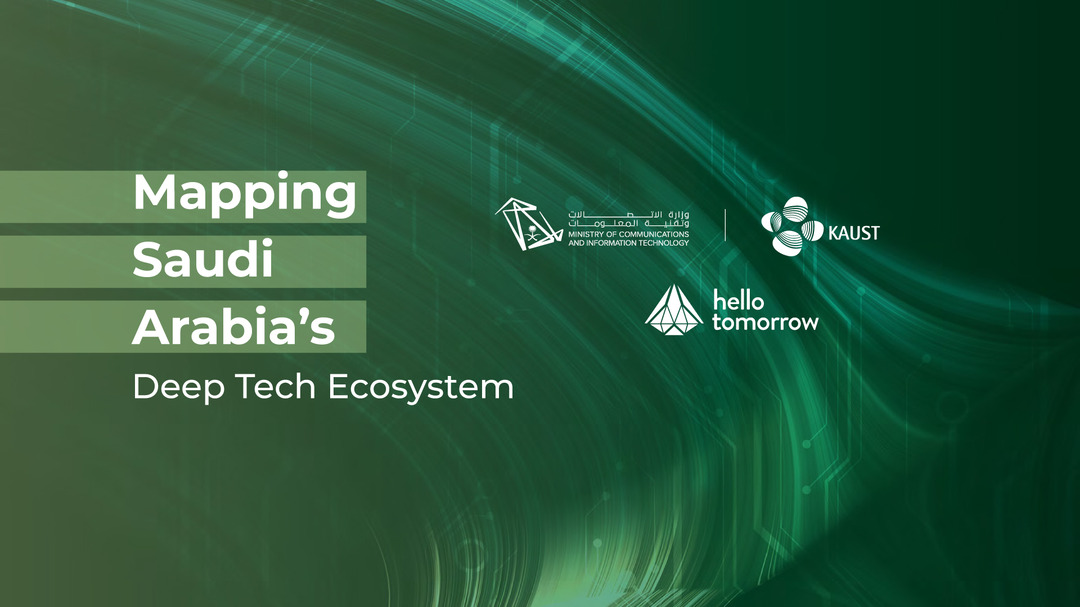KAUST presents roadmap for deep tech ecosystem in Saudi Arabia

The deep technology ecosystem of Saudi Arabia has been reviewed in a new report compiled by King Abdullah University of Science and Technology (KAUST) in partnership with the Ministry of Communications and Information Technology (MCIT) and in cooperation with "Hello Tomorrow." The Deep Technology Report presents a roadmap for making Saudi Arabia a global deep tech hub and highlights the different initiatives that support the Kingdom in realizing the objectives of Vision 2030.
The report highlights the promising potential and opportunities in this vital sector, which is a key pillar for promoting the digital economy and sustainable development.
The report focuses on 5 main pillars of the Kingdom's deep technology ecosystem: deep tech ecosystem, investment, talent, infrastructure & ecosystem enablers, and policy, regulations & incentives. It also highlights the role of research, development and innovation in enhancing the Kingdom's position as a global hub for advanced technologies.
The report also shows the remarkable growth in the deep tech sector in the Kingdom, where 50% of startups are concentrated in the fields of artificial intelligence and the Internet of Things, and the number of scale-ups has reached 43 companies contributing to driving innovation.
As an indicator of this growth, deep tech startups raised over US$100 million between 2020 and 2022. The Kingdom has also seen a rise in the number of incubators and accelerators that offer deep tech verticals.
The Kingdom has also witnessed a 75% increase in the number of researchers in deep tech since 2015, which indicates the scale of efforts to develop the research and development system as one of the pillars of achieving Vision 2030.
Mohammed Robayan, Deputy Minister of Technology at MCIT, stressed that this report represents an important step in strengthening the Kingdom's position as a global hub for advanced technologies, and that the Kingdom seeks — by focusing on innovation and investing in competencies and infrastructure — to build an integrated system that supports digital transformation and sustainable development.
Robayan called on those interested in the public and private sectors, especially academia and investors, to avail of this information to draw a roadmap that promotes innovation and contributes to realizing the goals of Saudi Vision 2030.

